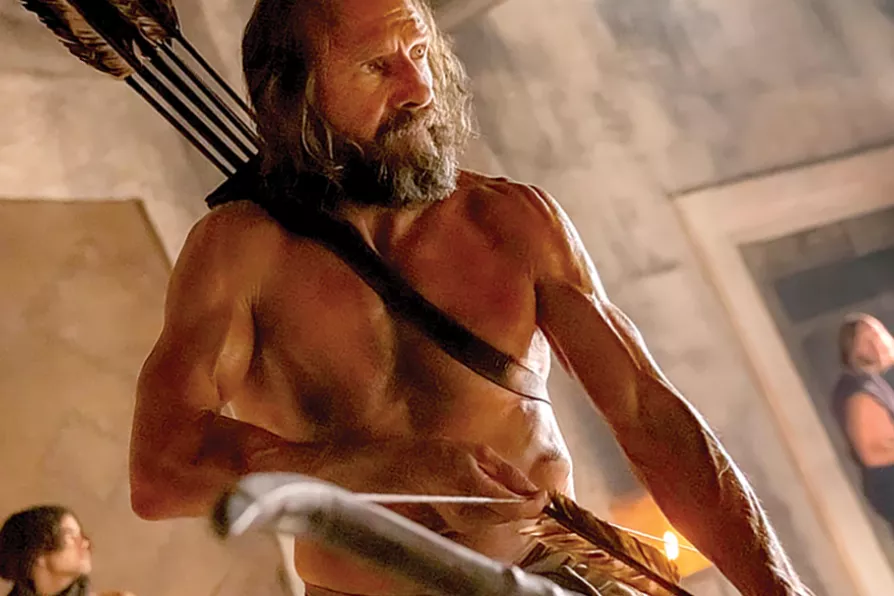JOHN GREEN, MARIA DUARTE and ANGUS REID review Fukushima: A Nuclear Nightmare, Man on the Run, If I Had Legs I’d Kick You, and Cold Storage
Underlining the senselessness of war
Odysseus’s homecoming myth is treated as a factual story, with strong resonances for our contemporary world. This is an implicit anti-war film that has an urgent relevance, writes JOHN GREEN

 TOUR DE FORCE: for Ralph Fiennes as Odysseus
[IMDb]
TOUR DE FORCE: for Ralph Fiennes as Odysseus
[IMDb]
The Return
Directed by Uberto Pasolini
★★★★
STARRING Ralph Fiennes and Juliette Binoche, The Return retells the story of Odysseus’s homecoming 20 years after waging war against the Trojans.
Based on Homer’s mythological tale, it has been adapted by Edward Bond, John Collee and Uberto Pasolini, who also directs.
Similar stories

The Star's critics ANGUS REID, MICHAL BONCZA and MARIA DUARTE review Hot Milk, An Ordinary Case, Heads Of State, and Jurassic World Rebirth

Is there a political message in the scenario of a plague of raging zombies in the UK, and kids growing up with it, wonders MARIA DUARTE

The Star's critic MARIA DUARTE reviews Along Came Love, The Ballad of Wallis Island, The Ritual, and Karate Kid: Legends

The Star's critic MARIA DUARTE Reviews of Twiggy, Mickey 17, Day of the Fight, and Marching Powder









